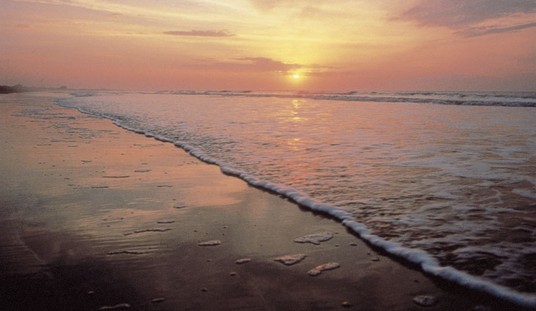One chilly, clear spring day in early 2017, I found myself in a hotel room in a suburb of Boston on a Saturday. I had no place to go and all day to get there, which has long been one of my favorite kinds of Saturdays, but on this particular day, there was a nearby destination I wanted to visit: Lexington and Concord. I ended up driving out to Concord, walking the road to Lexington, and a little past, and then (necessarily) back to Concord.
It was a thought-provoking day. Now, today, this Saturday, eight years later, we note that today is the 250th anniversary of that seminal battle, one of the battles that gave rise to our nation. It bears some contemplation, not least of which is the very Leonidas-like notion that the whole thing basically started with the British demanding the colonists hand over their stashes of weapons - including cannon, in case Joe Biden needs reminding that yes, people could and did own cannons - and the colonists, in effect, said, "Come and get them!"
I won't go into the details of the battle. That's amply documented in many different places, and anyone conversant with American history knows, at least, the broad strokes. No, this is my own impression of that site.
It was an interesting feeling, walking down that road, perhaps on a similar bright, yet chilly spring morning. Now, the road from Concord to Lexington is a peaceful and attractive stroll. Despite the chill, plenty of people were walking along, even in the early morning, stopping at various sites to look, to take photos, to talk about the events from that fateful day. But it's not hard to cast your thoughts back to that day in 1775: The shouting men, the volleying musket fire, the clash and stink of battle--the acrid sulfur stink of black powder. Brave young men on both sides fell that day, and that, especially, bears some contemplation and some respect.
Note, as well, that the British fallen were treated properly, which wasn't always the case in warfare at that time. Here and there along the trail, you see markers like this:
This road is, in effect, hallowed ground. The events of this day, 250 years ago today, would lead to an event that changed the world. This battle led to the rise of something new: A new republic, and some years later, after the Constitution was ratified and our first president, George Washington, served two terms and then peacefully handed over the office to John Adams and went back to his farm in Virginia; the capitals of Europe were shaken at the very notion of such a thing: That a man would hold supreme executive power, and just peacefully give it up and walk away.
They would have done well to have remembered a Roman named Lucius Quinctius Cincinnatus. We Americans did; one of our cities is named for him.
See Also: The Left Is Ripping Off Any Semblance of a Mask and Calling for All-Out Murder of Republicans
FBI Arrests 'Mr. Satan' for Plot to Assassinate Trump — And You Won't Believe Where He's From
Later, I went on into Boston proper and have visited a few times since, as back in my jacket-and-tie days, I had several client companies in the area. Walking in Boston can be fascinating; I've visited Paul Revere's house (it's surprisingly small), seen the Old North Church, and one afternoon, while musing along in an old, old graveyard, I was examining one large, weathered marker and realized I was standing at Sam Adams' grave. That same afternoon, in a small park, I happened across an old man playing a hurdy-gurdy, which was so interesting that I stopped to listen for a while and ended up dropping a sawbuck in his jar.
But when it comes to Massachusetts and the Revolution, it will always be that walk along the battle road that I remember.
It was this battle - more properly, these battles - that are generally seen as having been the opening of the American Revolution, that remarkable event wherein a bunch of colonists, with some very capable leaders, threw off the most powerful empire the world had ever seen up to that point. And today, 250 years later, we can look back at what they won - and we would do well to reflect on what we need to do to preserve their victory.















